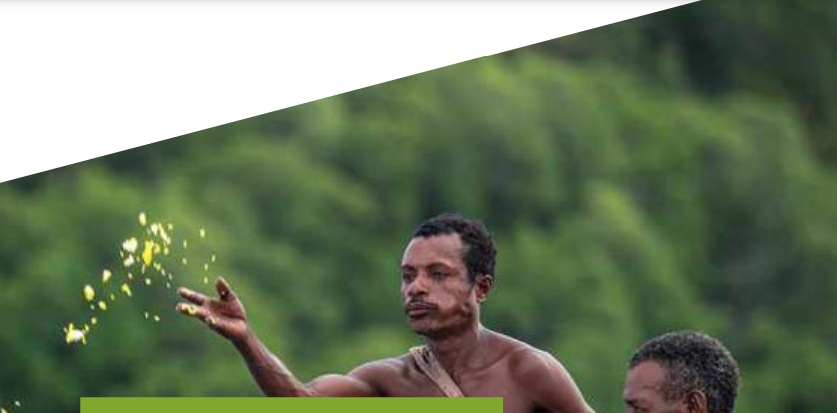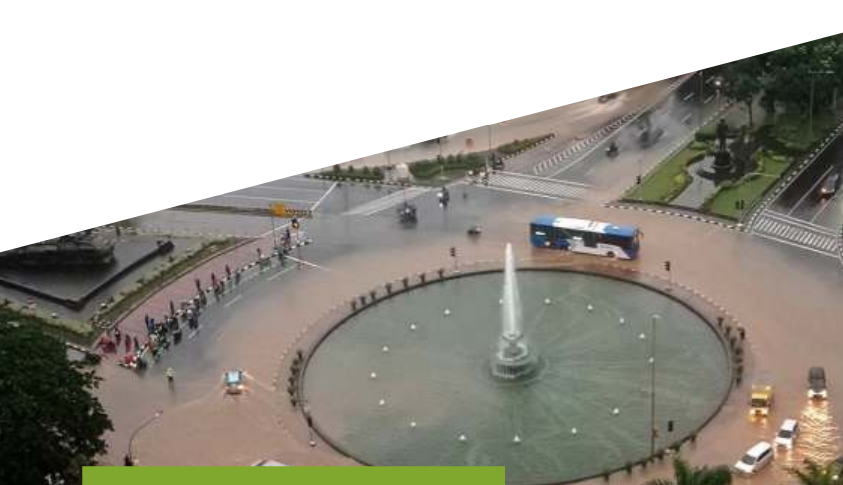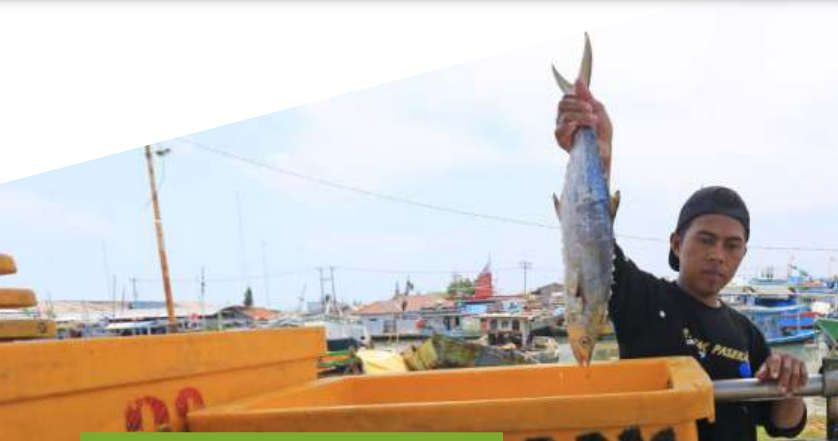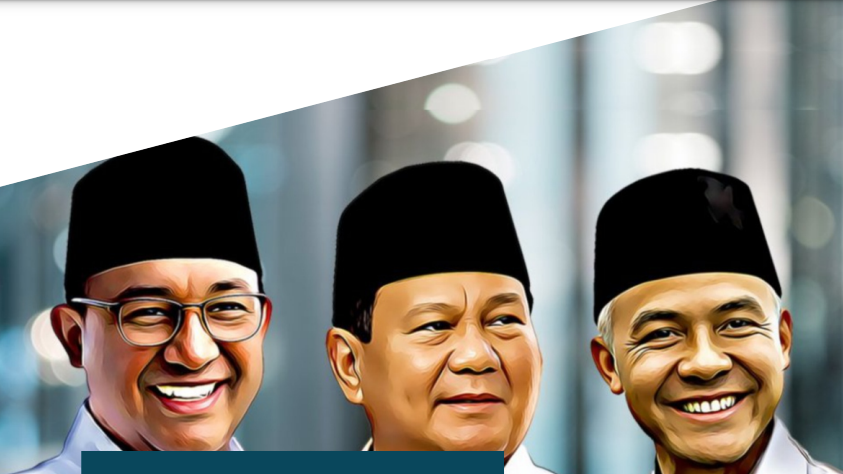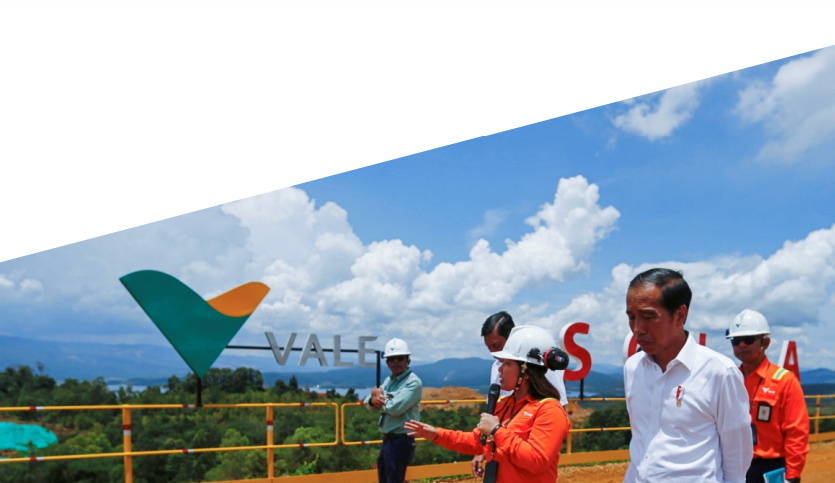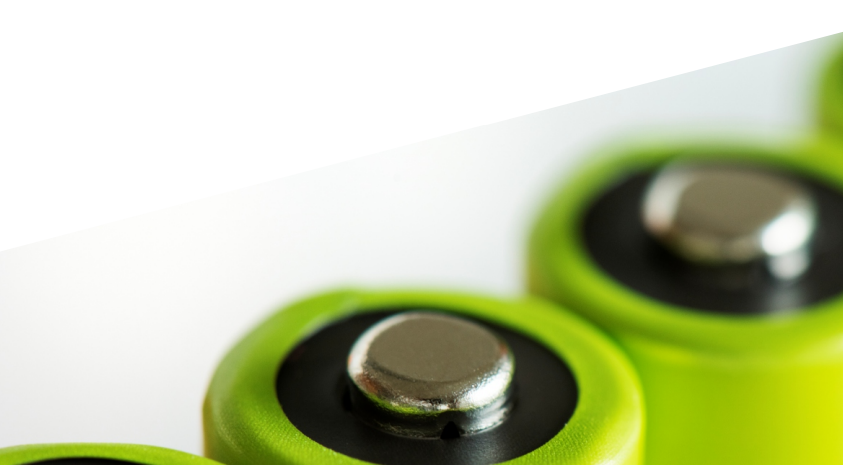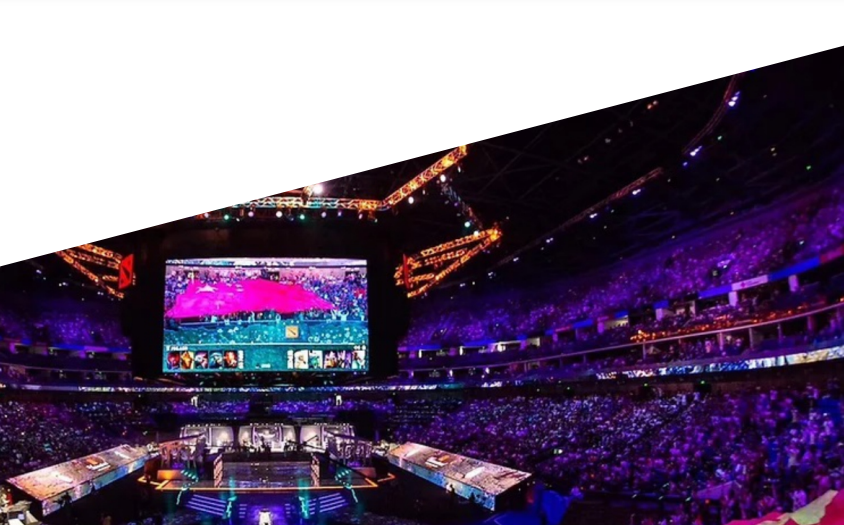Dewasa ini, konsep Blue Economy seakan mengguncang sektor industri laut dan perikanan Indonesia. Konsep ekonomi yang digaungkan oleh Gunter Pauli dalam buku Blue Economy: 10 Years, 100 Innovations, 100 Million Jobs, menjadi polemik bagi nelayan. Pauli mendefinisikan konsep ini sebagai ekonomi berkelanjutan yang mengutamakan aspek lokal serta kelestarian alam (Syakur, Aronds, and Aqil 2023). Kendati secara definisi seakan membawa niat baik, Blue Economy atau ekonomi biru menimbulkan permasalahan di pelbagai negara. Misal di Seychelles, penerapan ekonomi biru mengakibatkan masyarakat adat terpinggirkan, karena industri tunanya dikuasai oleh armada Uni Eropa dan skala perikanan kecil. Sementara di negara Palau dan Pohnpei, ekonomi biru yang menyebabkan tingkat deplesi stok teripang, masyarakat pesisir kehilangan hak kelola, mengakibatkan kesenjangan dan meningkatkan angka kemiskinan serta krisis ekologi (Wahana Lingkungan Hidup Indonesia, 2023). Hal itu terjadi karena blue economy disusun untuk melayani kepentingan korporasi dalam mengeksploitasi laut seluas-luasnya (Wahana Lingkungan Hidup 2022).
brief article
Jakarta, the capital city of Indonesia, has been suffered from annual floods due to its geographical and morphological area (Texier, 2008). In early 2021, the government of Jakarta was forced to handle the flood amidst the COVID-19 pandemic, while on the other side, the capital is the highest contributor to positive case numbers nationally (National Covid-19 Task Force, 2021). Even though there has been no scientific calculation on how both risks interact, it is not debatable that the pandemic amplifies the impact generated by the flood. For instance, people whose houses are flooded are more vulnerable to being infected by Covid-19 as they have a shortage of clean water and sanitation (Ishiwatari et al., 2020). Therefore, pandemic risk needs to be taken into account in flood risk management, those will bring Jakarta into a big catastrophe in the next pandemic.
The discourse surrounding green energy emerges as a response to the climate crisis, a transnational issue causing growing frustration among societies due to its disruptive effects. The predominant set of parameters for green energy implementation pertains to the utilisation of energy derived from natural resources like sunlight, wind, or water, which have minimal or no impact on the world’s carbon footprint (Kalyani et al., 2005; Berdikeeva, 2024; TWI, n.d.). While the overarching goal of this discourse is clear, its implementation is complex. Research by the United Nations Conference on Trade and Development (2023) indicates that achieving this energy transition would require approximately $5.8 trillion annually from 2023 to 2030 for the 48 developing economies studied, equivalent to 19% of their GDP. Beyond financial capacity, the ability to navigate the technical intricacies of transitioning from conventional to green energy is equally vital for the success of this agenda.
Current instability of the international situation, such as increasing tensions between the US and China, war between Ukraine and Russia, climate change, and global economic uncertainty has caused a food crisis internationally. As the fourth largest nation, with more than 280 million people, Jakarta has cautious concern over this issue. For instance, President Joko Widodo has repeatedly given speeches regarding the food crisis and is currently intensifying government attention through the rice aid program (Metriani, 2024). Responding to the concern over the food crisis, Indonesia has started to implement food estate projects in various locations to ensure the stability of the national food supply and national nutritional needs. However, several issues and critics also occur with the implementation of this project, such as environmental concerns due to deforestation and biodiversity losses (Napitupulu et al., 2021).
Membangun Imej Politik
Politik adalah perkara memunculkan citra atau imej yang ingin dipersepsikan oleh publik, yang mungkin berbeda dari penampakan atau watak orisinil para politisi atau partai politik. Citra ini dibentuk untuk memoles persona untuk menciptakan imej politik yang dikehendaki. Namun, argumen ini memunculkan kritik dari para ilmuwan politik karena imej politik hanya menawarkan gaya ketimbang substansi, menekankan pada persona daripada tawaran kebijakan, dan hanya memenuhi keinginan konstituen daripada menciptakan warganegara yang kritis (Scammell, 2015). Fokus pada imej juga dianggap memberi ancaman pada nilai-nilai demokrasi; imej adalah ilusi, buatan, dan manipulatif (Simons, 2006 in Scammell, 2015). Meskipun demikian, pembentukan imej masih menjadi strategi dominan yang didorong politisi atau partai politik untuk meningkatkan kansnya agar terpilih ke jabatan politik.
In the midst of a profound global transformation sparked by the triple disruption – the digital revolution, the COVID-19 pandemic, and climate change – Indonesia stands at the forefront, grappling with the intricate dance between climate justice and human rights under the umbrella of the Paris Agreement. This Op-Ed will explore how Indonesia must adeptly respond to the Paris Agreement in line with the current climate conditions. It underscores the notion that the Paris Agreement encompasses more than just emission reduction, as articulated by its preamble, emphasizing the imperative to “respect, promote, and consider their respective obligations on human rights.” (UNFCCC, 2015)
Tulisan ini bertujuan untuk menjelaskan bagaimana inovasi sosial melalui tata kelola pedesaan diterapkan dalam memanfaatkan teknologi basic, seperti internet, handphone, dan media sosial. Sasaran inovasi tersebut adalah masyarakat desa yang notabenenya dikatakan belum mampu/tertinggal dalam memanfaatkan perkembangan teknologi karena berbagai faktor seperti tidak meratanya infrastruktur, kurangnya kemampuan mengakses teknologi karena rendahnya pendapatan, kurangnya literasi dan kemampuan digital, hingga penolakan terhadap teknologi (Dihni, 2022; Hadi, 2018; Oktavianoor et al., 2020).
Indonesia, known for its vast nickel deposits, is poised to become a major player in the global battery industry. Nonetheless, a pivotal choice looms on the horizon —one that could lead the country down a path of sustainability or prosperity. As many scientists have advocated for a shift towards greener living, electric vehicles (EVs) are gaining traction as one of the solutions to a green lifestyle. Indonesia was distributing 81,525 units of EVs by 2023 (Ika, 2023), a significant increase from previous years. Meanwhile, the number of electric motorcycles alone surged 13-fold from 2020 to 2023 (Annur, 2023).
As Gen-Z – a generation born between 1997-2012 – the author sees how international relations interactions have changed, including diplomacy. d’Hooghe (2015, in Furrer, 2020) describes two models of public diplomacy; the “state-centered”, which is often represented by the official state delegations, and the “network-based”, which also involves various non-state actors to encourage dialogue and collaboration between states. Nations need to combine the two models of public diplomacy to promote images, build relationships, and engage audiences. The categorization of d’Hooge’s public diplomacy sees soft power, such as media, events, human resources, and publications/promotions, as instruments of public diplomacy. Nye (2004, in Furrer, 2020) describes soft power as an ability to cooperate instead of coercion. Soft-powered public diplomacy can be accomplished through esports diplomacy.
Kondisi ekonomi Indonesia saat ini tengah berada dalam situasi yang vital sekaligus strategis. Setelah terguncang oleh krisis finansial Asia (krismon) pada akhir dekade 1990-an, Indonesia mampu mencapai pertumbuhan ekonomi yang stabil dalam dua dekade setelahnya. Krismon membuat pertumbuhan ekonomi Indonesia mengalami minus 13,1% pada tahun 1998 padahal pada tahun 1995 pertumbuhan ekonomi mencapai 8,2% (Bank Dunia, 2023). Kemudian, berdasarkan data juga yang dihimpun dari Bank Dunia (2023), Indonesia mengalami fase stabilitas selama dua dekade dengan pertumbuhan ekonomi berturut-turut mencapai 5,7% (2005), 6,2% (2010), 4,9% (2015) dan 5,3% (2022). Situasi menjadi strategis karena Indonesia mencanangkan untuk dapat mencapai status sebagai negara berpendapatan tinggi pada tahun 2045.

